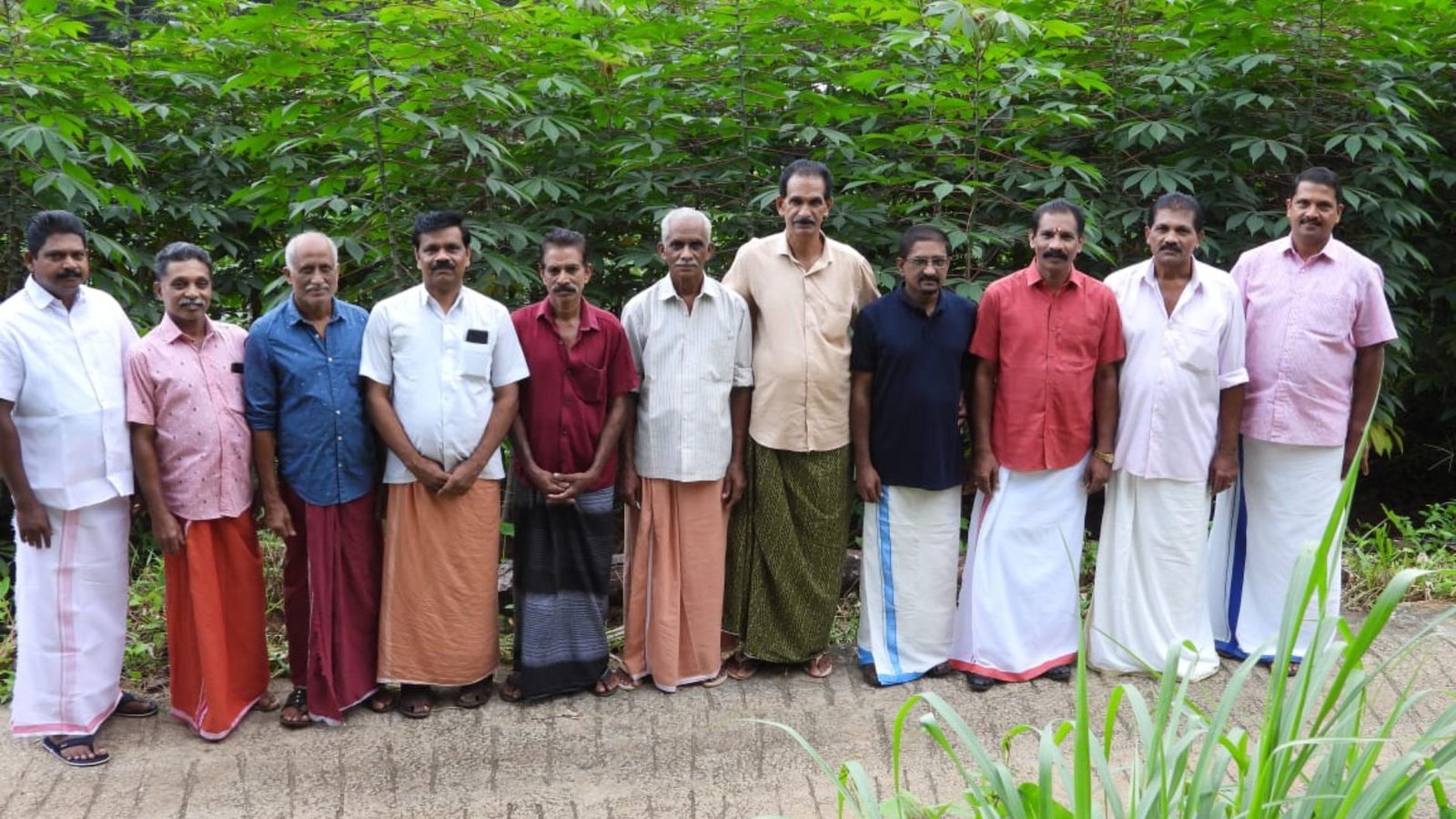Frustrated by rising concerns over pesticide-laden vegetables available in local markets, a group of residents in Idukki, Kerala have taken matters into their own hands and started to collectively cultivate their own vegetables free from chemicals and pesticides.
As many as 93 homes in Kolapara in Idukki have formed a collective called “Unarvu” to cultivate their own vegetables, ensuring not only a pesticide-free diet for themselves but also making the surplus available to the wider community at an affordable rate. Presently, the residents are doing farming on a land belonging to a person identified as Saji N P, who readily agreed to be part of the mission when the residents approached him with the concept.
“We are all motivated by a shared commitment to health and the environment. The vacant piece of land has been transformed into a flourishing organic farm. In fact, we all decided to launch such a mission in 2022 after we attended a class at St George UPS, Moolamattom about agriculture and farming,” said Unarvu Residents Association President Francis Karimpani, who is also a civil engineer.

Presently, the residents grow tapioca, sweet potato, ginger, purple yam, turmeric, yam, colocasia etc. and also paddy in an adjacent land. Residents, young and old, come together during weekends for taking care of the crops and to complete different works on the land. “We do not use any kind of chemicals. We use cow dung, ashes and tea waste as fertiliser. We collect Rs 50 per month from every resident to meet the maintenance cost. The decision to sell the surplus vegetables to the community at an affordable rate is a key element of the project.
“We want everyone to have access to fresh, pesticide-free produce,” Francis told Open Digest. “Economic constraints should not be a barrier to eating healthy. By offering our surplus at affordable prices, we hope to encourage more people to make the switch to organic,” he added.
As the residents are planning to expand their farming by including more varieties of vegetables, they serve as an inspiration for others to consider similar projects. The residents hope that their story will encourage communities nationwide to take control of their food sources, prioritise health, and contribute to a sustainable future.






Be First to Comment